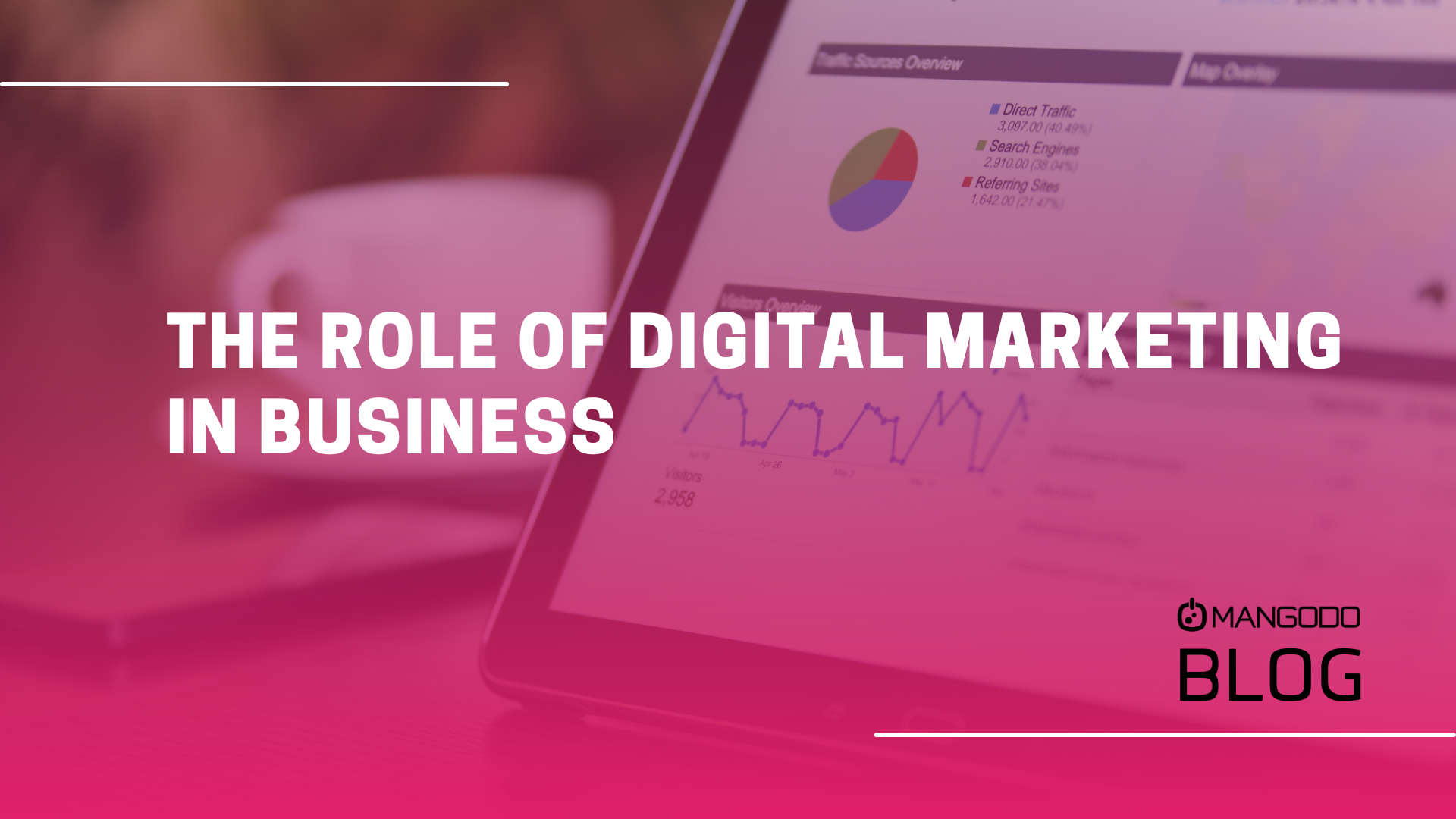The Role of Digital Marketing in Business
In today's digital age, where technology dominates almost every aspect of our lives, businesses have recognized the need to adapt and embrace the digital landscape. One area that has emerged as a crucial component of any successful business strategy is digital marketing. With the widespread use of the internet and the proliferation of various digital platforms, businesses have the opportunity to reach a vast and diverse audience like never before. Digital marketing has revolutionized the way businesses promote their products and services, creating new avenues for growth and success.
So, what exactly is digital marketing? In simple terms, digital marketing encompasses all marketing efforts that utilize electronic devices and the internet to connect with potential customers. It involves various techniques and channels such as search engine optimization (SEO), social media marketing, email marketing, content marketing, and online advertising. These strategies work together to create a comprehensive digital marketing campaign that aims to engage, attract, and convert customers in the online space.
The role of digital marketing in business is multifaceted and can have a significant impact on a company's success. Here are some key aspects that highlight its importance:
-
Increased Reach and Targeting: Unlike traditional marketing methods, digital marketing allows businesses to reach a global audience at a fraction of the cost. With billions of people using the internet daily, businesses can target specific demographics and geographic locations more precisely. This level of targeting ensures that marketing efforts are focused on reaching the right people, increasing the chances of conversion and sales.
-
Cost-Effectiveness: Digital marketing offers a cost-effective alternative to traditional marketing channels such as television or print advertising. Small and medium-sized businesses, in particular, can benefit from digital marketing's affordability, as it allows them to compete with larger corporations on a level playing field. With careful planning and optimization, businesses can achieve a high return on investment (ROI) with digital marketing campaigns.
-
Measurable Results: One of the key advantages of digital marketing is the ability to track and measure the results of marketing efforts in real-time. With various analytics tools, businesses can monitor the performance of their campaigns, including website traffic, conversion rates, engagement metrics, and more. This data provides valuable insights into consumer behavior and preferences, allowing businesses to make informed decisions and refine their marketing strategies for better results.
-
Improved Customer Engagement: Digital marketing enables businesses to interact and engage with their customers in a more personalized and meaningful way. Through social media platforms, businesses can create a dialogue, respond to customer inquiries, and gather feedback. This direct engagement builds trust and fosters strong customer relationships, leading to increased brand loyalty and advocacy.
-
Enhanced Brand Awareness and Reputation: Digital marketing helps businesses build a strong online presence, which is essential for brand awareness and reputation management. By consistently delivering valuable content and engaging with the target audience, businesses can establish themselves as industry leaders and experts. Positive online interactions and reviews can significantly influence potential customers' perception of a brand and its offerings.
-
Adaptability and Flexibility: In the ever-evolving digital landscape, businesses need to adapt quickly to stay relevant. Digital marketing offers the flexibility to test and optimize campaigns in real-time, allowing businesses to make adjustments based on performance and market trends. This agility enables businesses to stay ahead of the competition and seize emerging opportunities.
In conclusion, digital marketing plays a vital role in the success of businesses in today's digital era. Its ability to reach a vast audience, cost-effectiveness, measurable results, improved customer engagement, brand awareness, and adaptability make it an indispensable tool for businesses of all sizes. By embracing digital marketing strategies and staying abreast of the latest trends, businesses can unlock new growth opportunities and stay competitive in the dynamic digital landscape.
